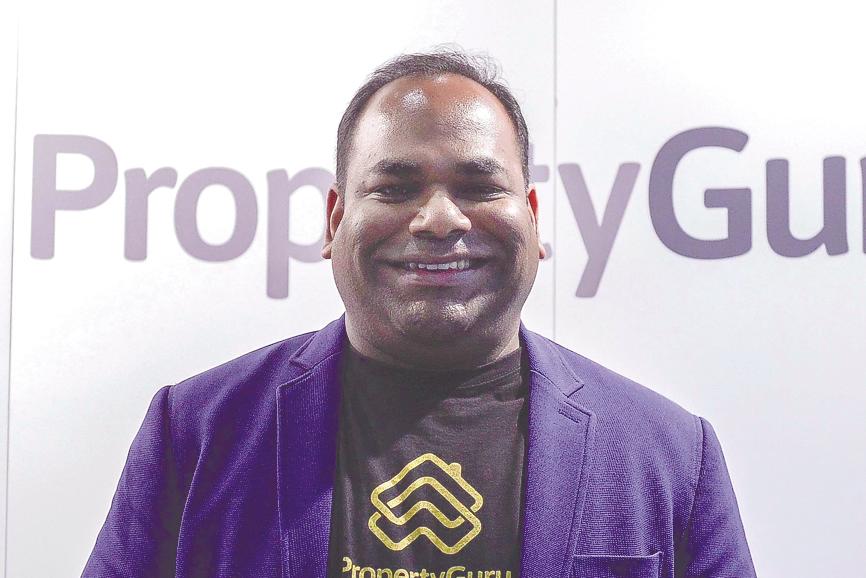PETALING JAYA: Malaysians are concerned about the lack of regulation in the home-share economy and wants the government to come up with a national guideline for the industry, said PropertyGuru.
In its Consumer Sentiment Survey H2 2018, 54% of respondents called for regulations to be put in place to manage the industry, which includes Airbnb, HomeAway and other similar platforms.
“This isn’t to say that Malaysians are against home-sharing, as the survey found that many (49%) agree with such solutions, while 57% are personally interested in exploring home-sharing solutions themselves,” said PropertyGuru Malaysia country manager Sheldon Fernandez (pix)
“However, as with many emerging or disruptive technologies and businesses, there is room to improve in terms of regulation. This was acknowledged by research commissioned by a prominent home-sharing player earlier this year, which highlighted the need for home-sharing guidelines, whether they are at the national, state, community or building level,” he said in a statement today.
Airbnb and other similar platforms have come under increasing scrutiny amid wider oversupply concerns in the residential rental market, with calls for home-sharing operators to register with the Tourism, Arts and Culture Ministry.
In addition, the Malaysia Productivity Corporation is outlining a framework to manage short-term accommodations in the country.
PropertyGuru said that the lack of regulation has seen the proliferation of differing approaches to home-sharing depending on area while hospitality associations link the practice to declining hotel occupancy rates.
Meanwhile, the survey highlighted Malaysians’ attitudes towards renting, with nine out of 10 respondents preferring to buy their own homes and 68% currently staying in their own properties.
“These attitudes likely reflect traditional views on property as symbols of status, as well as investments. However, this may change as ‘Generation Rent’ – younger demographics such as millennials and later cohorts – finds properties priced increasingly out of their reach,” said Fernandez.
He said an oversupply of high-rise residential projects nationwide has created a tenants’ market, exerting downward pressure on rental rates. In some areas such as Johor, much of this incoming supply was designed with home-sharing applications in mind.
In Kuala Lumpur alone, owners reduced asking rentals by as much as 10% in 2018. This was driven by oversupply, as well as obsolescence, as older projects competed with newer launches.
Among respondents looking to rent, 60% indicated a monthly rental budget of RM1,100 or less, with 19% seeking rentals within the RM800 to RM1,100 range. The majority (82%) were seeking whole units for their families, with only 18% seeking smaller arrangements such as a room.
Condominiums and serviced apartments were the preferred property type (63%), followed by terrace houses (23%), SoHo units (7%), townhouses (3%) and bungalows (3%).
“While many may prefer buying to renting, younger Malaysians may have no choice but to resort to long-term rental accommodations in the face of financing and property pricing concerns,” said Fernandez.
The survey showed that millennials were less hopeful about owning property, with only 51% of those planning to move out of family homes in the next year making plans to purchase a property within six months.
The survey also found that more Malaysians are deferring moving out to later in life. Among those living with their parents, 87% planned to move out by the age of 28 or older while 34% said 35 years old was the right age to move out.
“In practice, though, our research found that most Malaysians (89%) who move out will have done so by the age of 30. With this in mind, ‘property procrastination’ may hurt the chances of Malaysians ever owning their own property at all,” said Fernandez.
He said this reflects the long-term planning and financial commitment needed to invest in property assets.
Marriage was seen as the primary consideration for millennials who chose to continue staying with family, with 58% delaying moving out until they tied the knot. Other factors included the need to take care of parents (55%) and lack of savings (52%).













